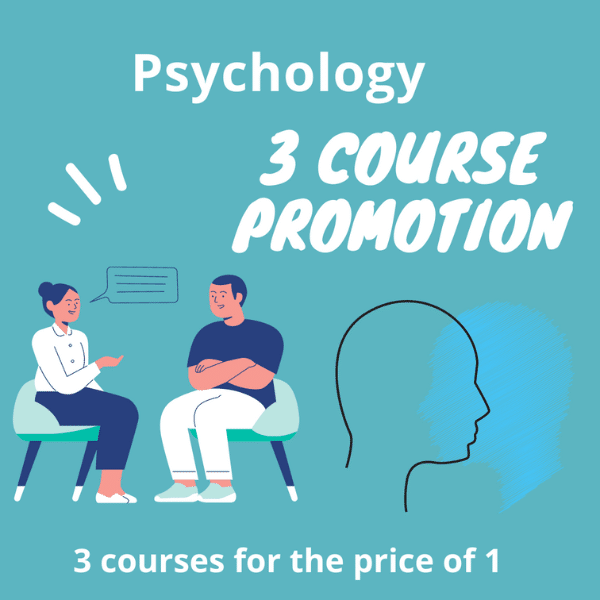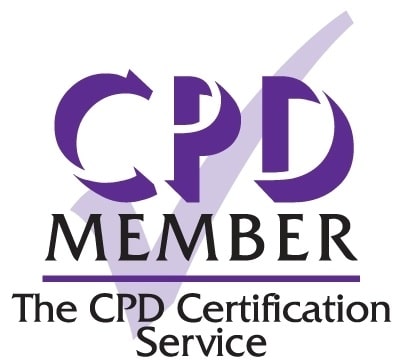Once payment is received we will register you to begin the course immediately. We will send you the course log in details by email and you can log straight into the course dashboard where all the course materials are contained.
The cost of £395 is the total cost of the training, this includes the Diploma which is emailed to you on successful completion of the course. There are no extra or hidden charges.
Make your learning journey more accessible with easy monthly payments!
Invest in your skills and knowledge without the upfront cost. Split the full course fee of £395 into 4 convenient monthly payments of just £99 (Please note, prices displayed may vary depending on your location and currency). This flexible option allows you to spread the cost and budget comfortably, making education more accessible than ever.
Here’s how it works:
- Enroll in the course and choose the “Subscription” option at checkout at the bottom of this page.
- Pay your first installment of £99 immediately.
- Three subsequent payments of £99 will be automatically charged to your card each month for the next three months. (Please note, prices displayed may vary depending on your location and currency)
Benefits of choosing the split payment option:
- Budget-friendly: Enjoy peace of mind knowing your investment is spread over manageable monthly payments.
- Start learning now: Don’t wait to begin your educational journey! Enroll and start learning immediately.
- Increased affordability: This option makes the course more accessible to a wider range of learners.
Start your learning journey today with our flexible payment option below!





